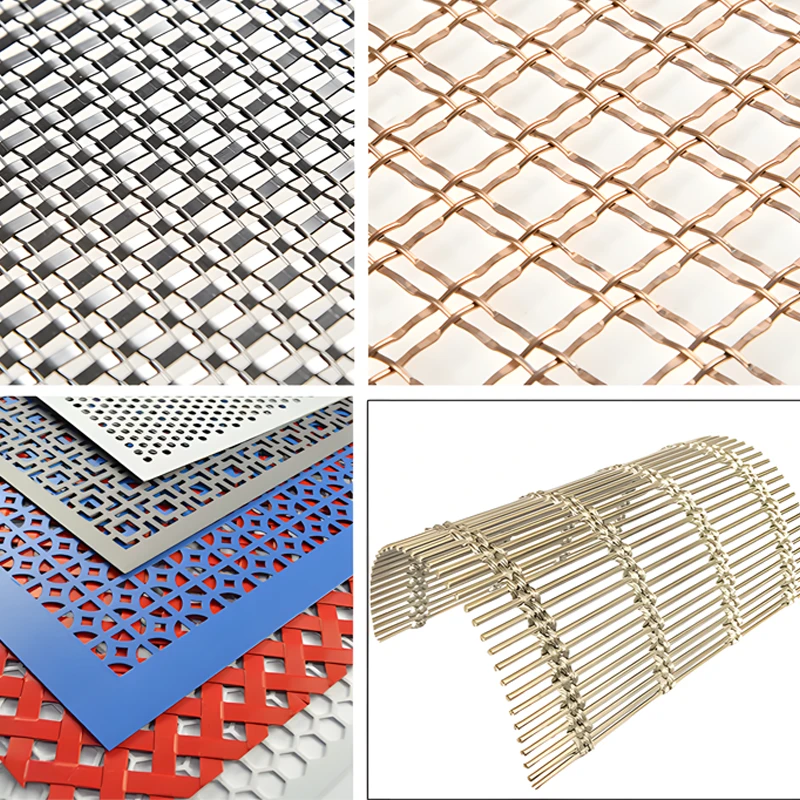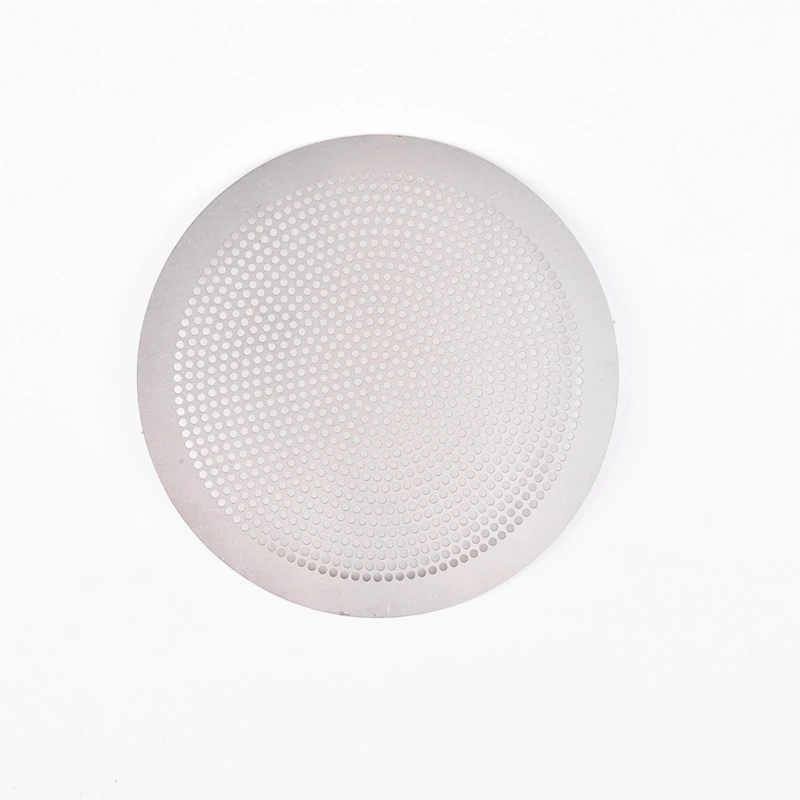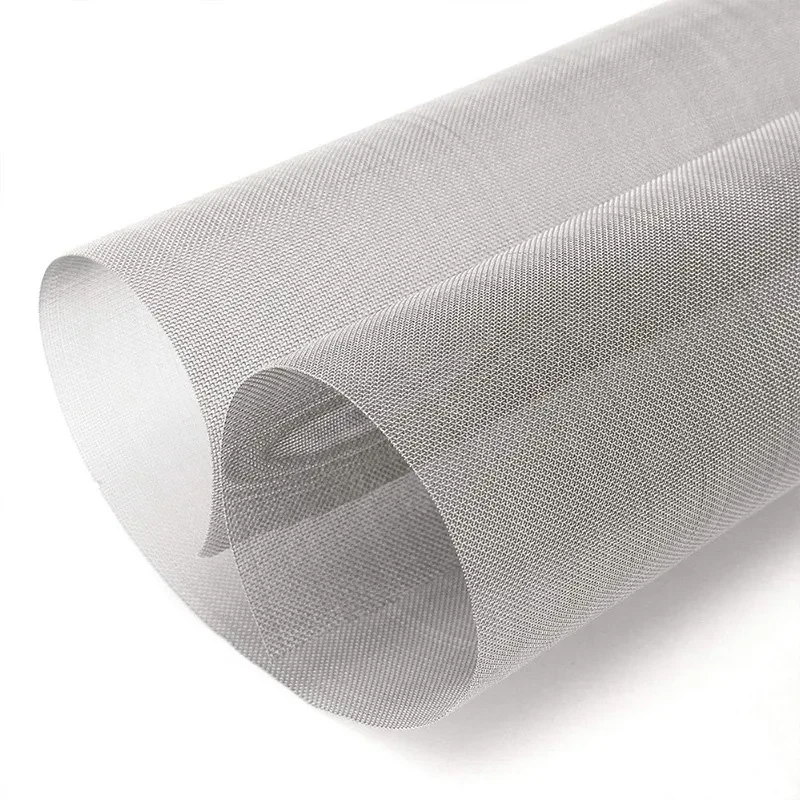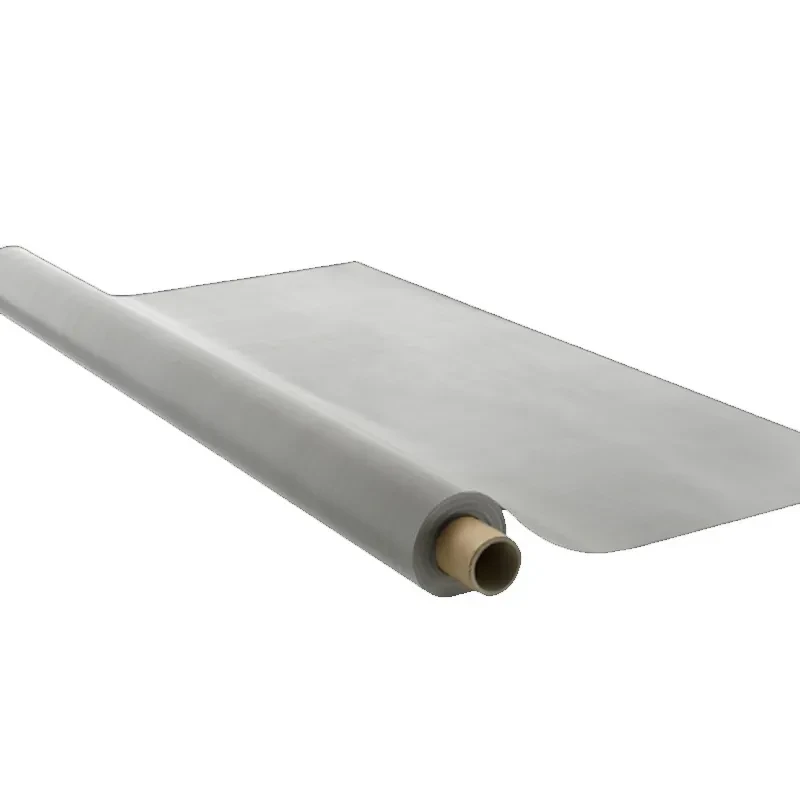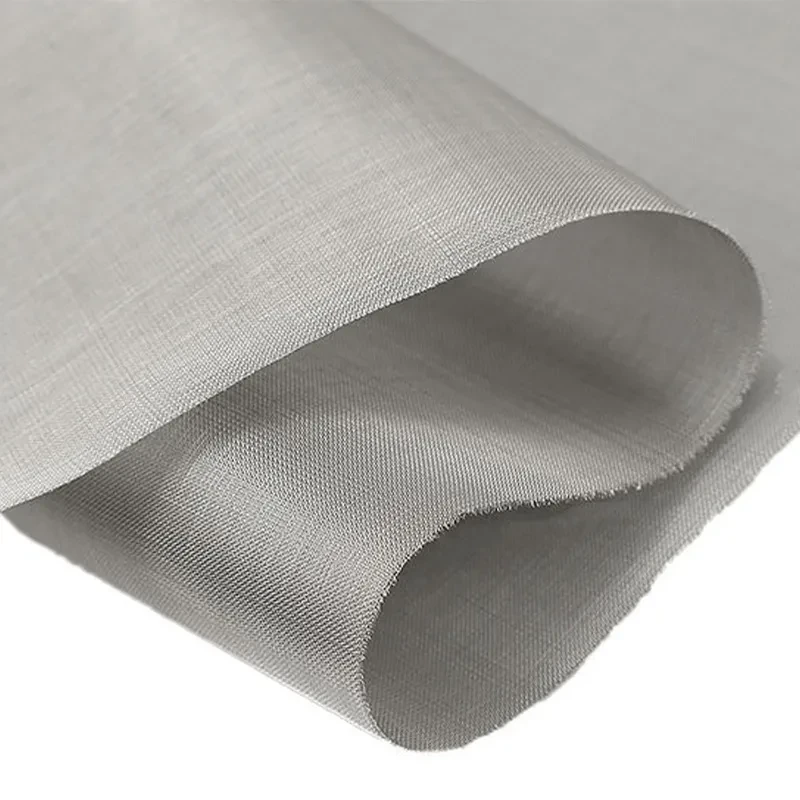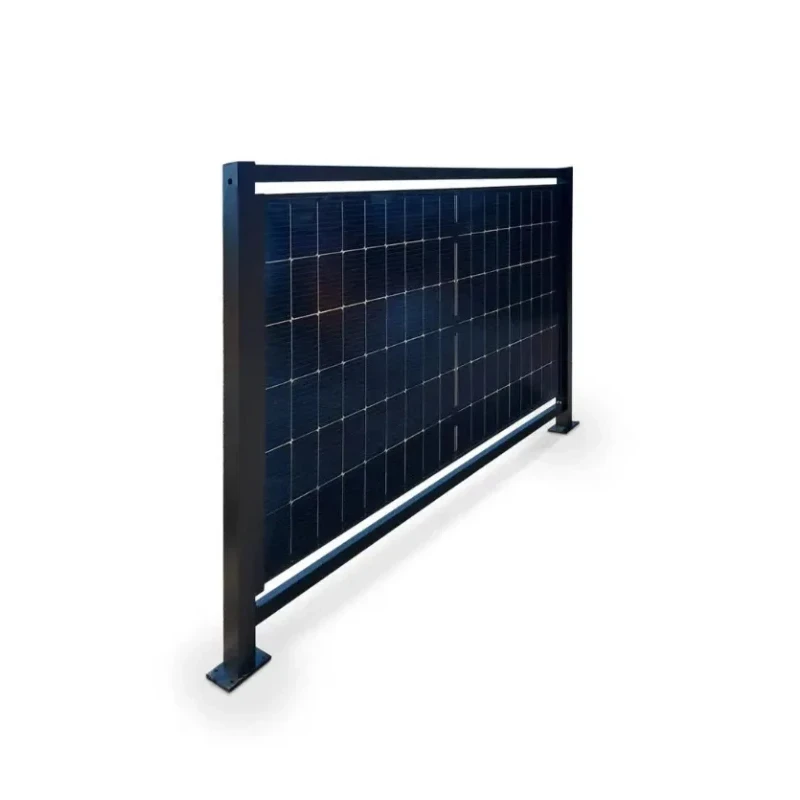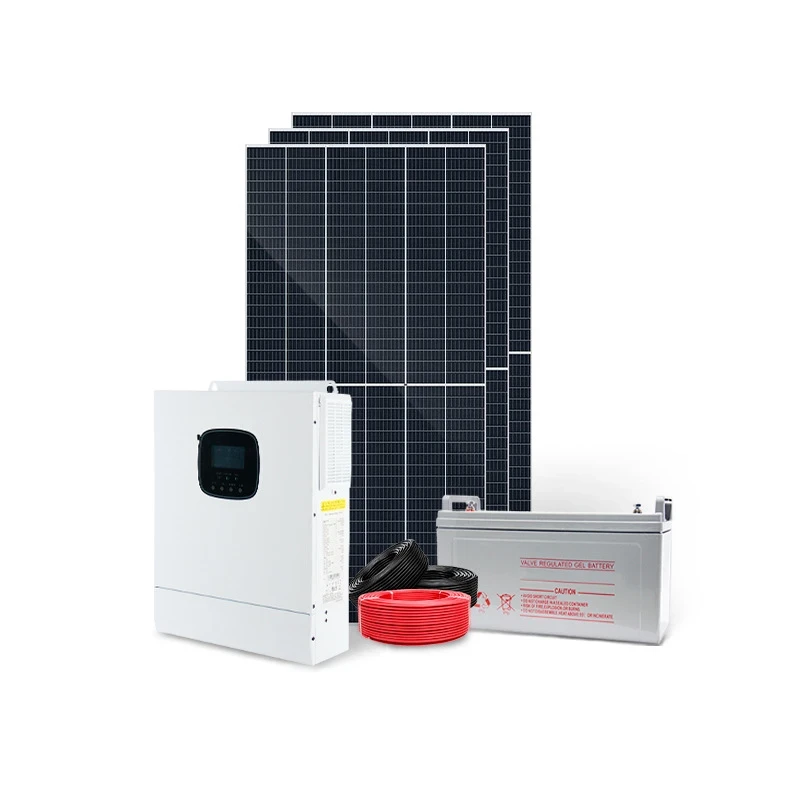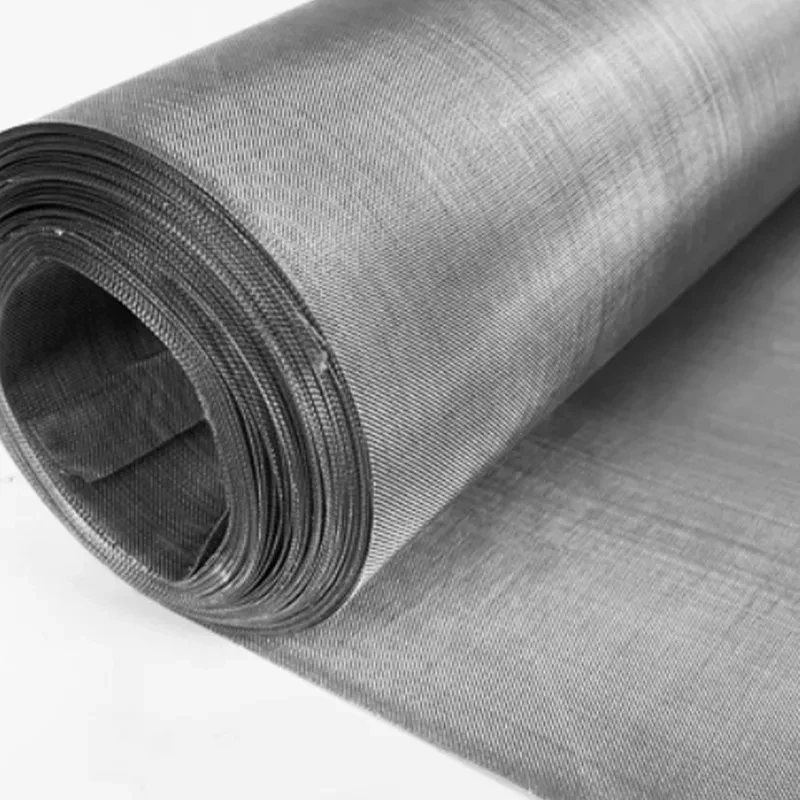50 Micron Mesh Screens High Precision & Durable Stainless Steel Filter Screens
- Introduction to Micron Mesh Screens and Their Industrial Relevance
- Technical Advantages of 50 Micron Mesh Screens
- Performance Data: 50 vs. 400 Micron Mesh Screens
- Manufacturer Comparison for Stainless Steel Mesh Solutions
- Customization Options for Specific Applications
- Real-World Use Cases Across Industries
- Final Recommendations for Optimal Screen Selection
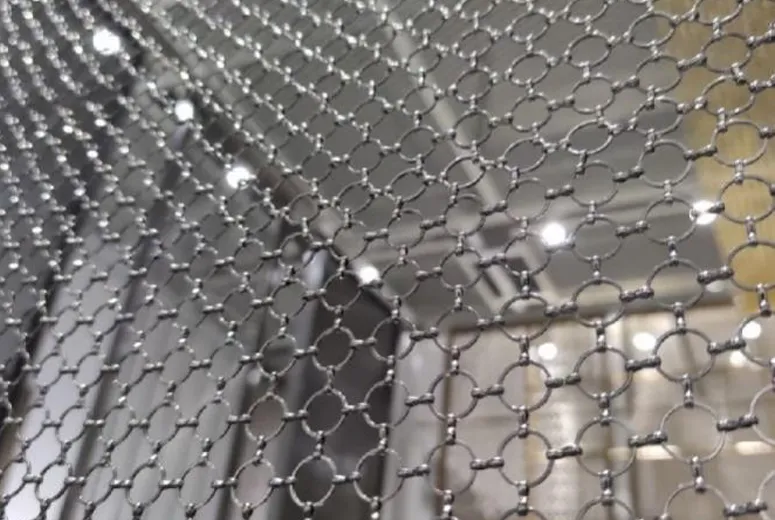
(50 micron mesh screen)
Understanding the Versatility of 50 Micron Mesh Screens
Micron mesh screens, particularly the 50 micron mesh screen
, serve as critical components in industries requiring precise particle filtration. With an aperture size of 0.05 mm, these screens excel in separating fine particles while maintaining flow efficiency. Compared to coarser alternatives like 400 micron mesh screens, the 50-micron variant provides superior filtration for applications demanding ultra-fine separation, such as pharmaceutical manufacturing or microelectronics cleaning processes.
Technical Superiority in Design and Material
Stainless steel mesh screens, especially those with a 150 micron screen density, leverage advanced weaving techniques to ensure durability under high-pressure conditions. Key technical advantages include:
- Material: 304/316 stainless steel for corrosion resistance.
- Weave Type: Plain Dutch weave enhances particle retention.
- Temperature Tolerance: Withstands up to 500°C (932°F).
Quantitative Performance Analysis
| Parameter | 50 Micron | 400 Micron | 150 Micron |
|---|---|---|---|
| Flow Rate (L/m²/hr) | 1,200 | 3,800 | 2,500 |
| Max Pressure (PSI) | 145 | 75 | 110 |
| Particle Retention (%) | 99.8 | 92.4 | 97.1 |
Manufacturer Comparison: Key Differentiators
| Vendor | Material Grade | Lead Time (Days) | Price per m² ($) |
|---|---|---|---|
| Vendor A | 316L | 7 | 85 |
| Vendor B | 304 | 10 | 72 |
| Vendor C | Duplex 2205 | 14 | 118 |
Tailored Solutions for Industry Needs
Customization options address specific operational requirements:
- Aperture Adjustment: ±5 micron tolerance for critical applications
- Edge Reinforcement: Laser-welded frames for high-vibration environments
- Hybrid Meshes: Layered 50/150 micron combinations for multi-stage filtration
Industry-Specific Implementation Examples
1. Water Treatment Plant (Singapore): Replaced 400 micron screens with 50 micron variants, achieving 40% longer filter life while reducing maintenance costs by $12,000 annually.
2. Aerospace Manufacturer (Germany): Implemented 150 micron stainless steel mesh in fuel systems, improving contamination control by 78%.
Why 50 Micron Mesh Screens Dominate Precision Filtration
The 50 micron mesh screen remains unmatched for applications requiring micron-level accuracy. When paired with proper maintenance protocols—such as ultrasonic cleaning every 300 operating hours—these screens deliver ROI within 8-12 months across most industrial scenarios.
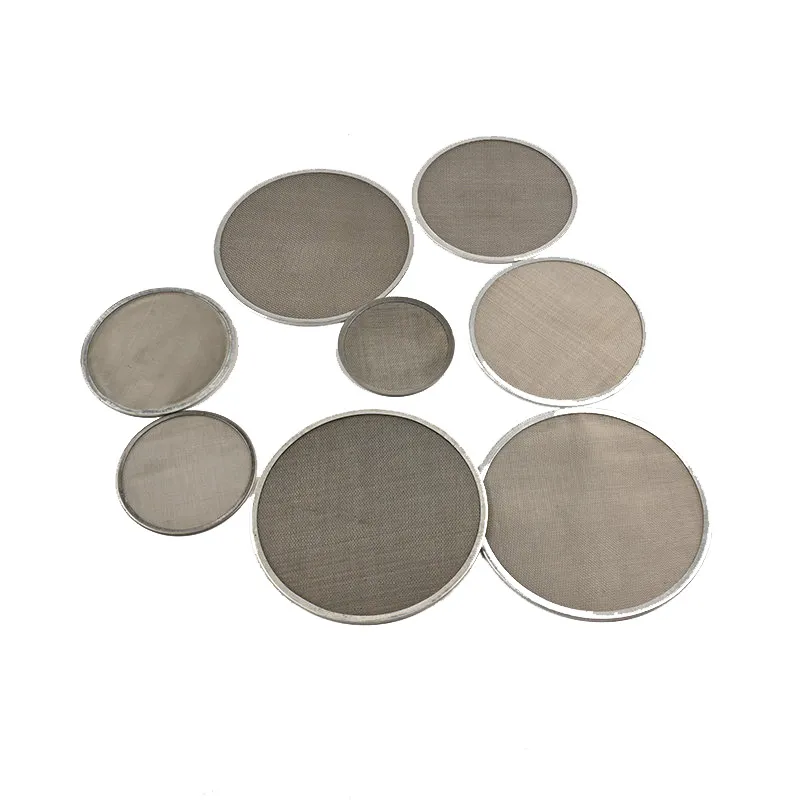
(50 micron mesh screen)
FAQS on 50 micron mesh screen
Q: What are common applications for a 50 micron mesh screen?
A: A 50 micron mesh screen is ideal for filtering fine particles in water treatment, laboratory settings, and industrial processes. It effectively separates solids from liquids in food processing and pharmaceutical applications. Its precision ensures consistent particle retention while allowing fluid flow.
Q: How does a 400 micron mesh screen differ from a 50 micron screen?
A: A 400 micron mesh screen has larger openings, making it suitable for coarse filtration like sediment removal or agricultural grading. In contrast, a 50 micron screen captures much smaller particles, such as silt or fine powders. The choice depends on the required particle size separation.
Q: Why choose stainless steel for a 150 micron mesh screen?
A: Stainless steel offers durability, corrosion resistance, and high-temperature tolerance, making a 150 micron mesh screen perfect for harsh environments like chemical processing or automotive filtration. Its rigid structure maintains consistent mesh spacing under pressure.
Q: Can a 50 micron mesh screen be cleaned and reused?
A: Yes, stainless steel 50 micron mesh screens can be cleaned with water, solvents, or ultrasonic cleaners. Regular maintenance prevents clogging and extends lifespan. Avoid abrasive tools to preserve mesh integrity.
Q: What factors determine mesh screen selection between 50, 150, and 400 microns?
A: Select based on particle size, flow rate needs, and application type. Use 50 micron for ultra-fine filtration, 150 micron for medium particles like sand, and 400 micron for coarse materials. Material compatibility and pressure conditions also influence the choice.

